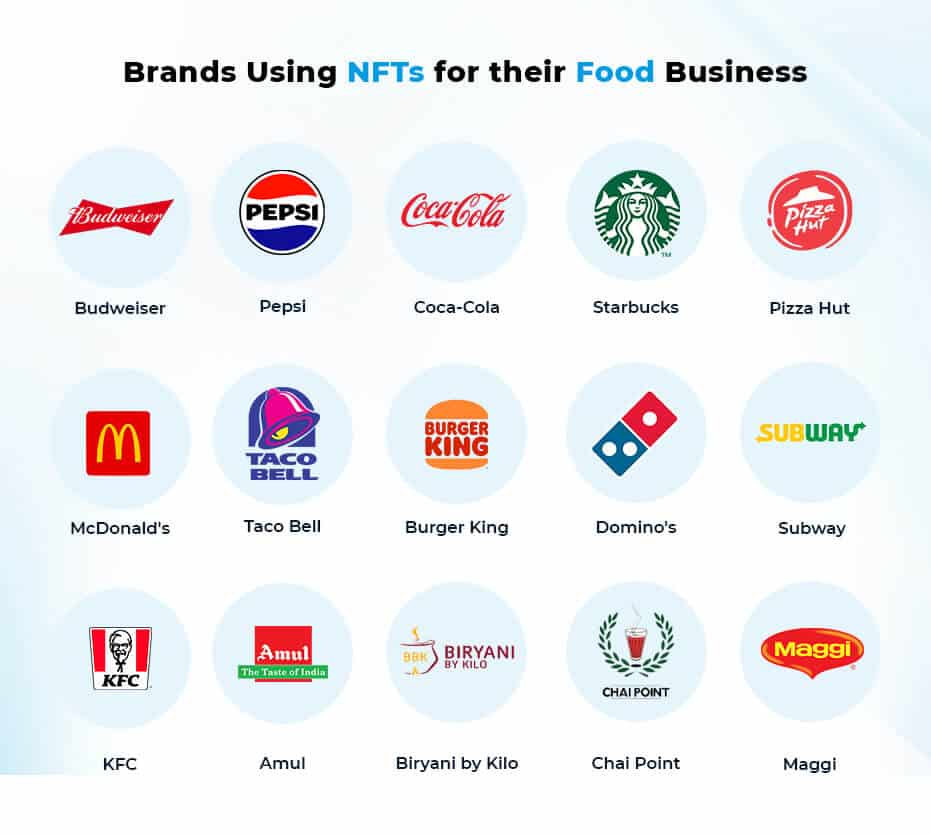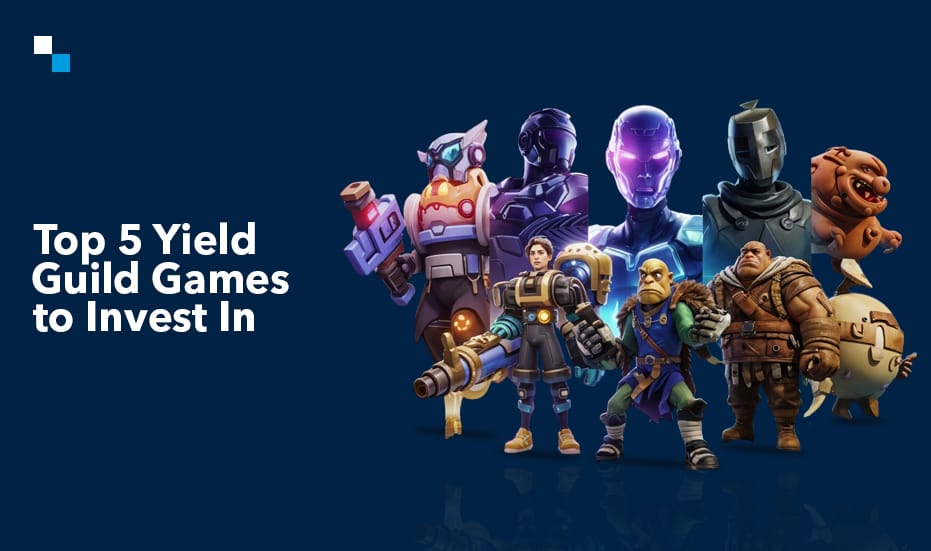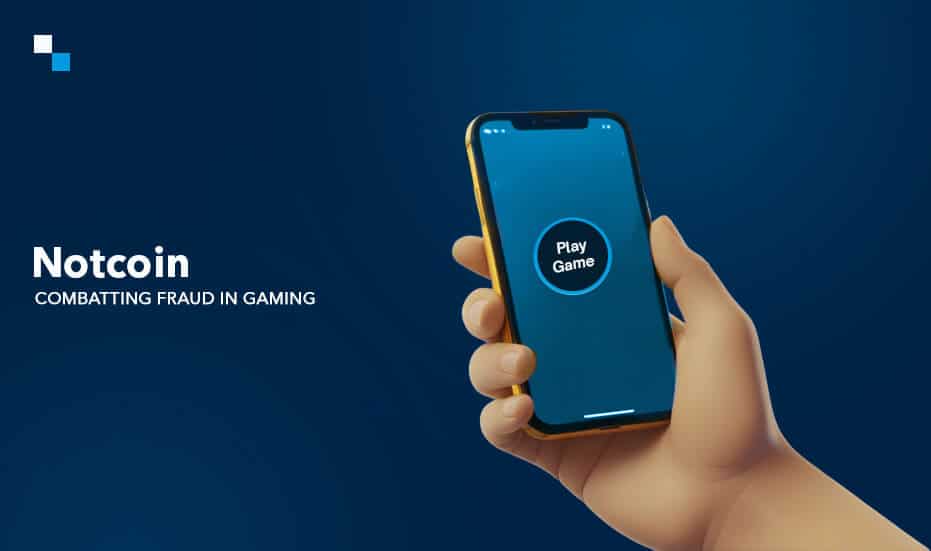
Top 10 DeFi Liquid Staking Platforms in 2023
October 30, 2023
Exploring the Future of Blockchain: Layer 2 Smart Contract Solutions
October 30, 2023Digitization in the form of AI, ML, chatbot, AR/VR, IoT, NFT development has significantly transformed the food industry in a connected and holistic manner. In this digital age, supply chains have become transparent and secure, allowing for better tracking of food from source to consumer.
Smart contracts have streamlined agreements and payments, reducing friction and enhancing efficiency. Real-time monitoring using IoT technology ensures food safety, providing data-driven insights to maintain quality.
E-commerce and global food delivery have reshaped how people access their meals. Data analytics is the driving force behind optimizing processes and predicting market trends, while sustainability and traceability are gaining importance as consumers seek eco-friendly choices.
As per a recent report, the food technology market size worldwide was 260.07 billion U.S. dollars in 2022. Due to advancing technologies within the food industry, as well as a demand for healthier, cheaper, and safer food products, the market is forecast to exceed 360 billion U.S. dollars by 2028.
This interconnected shift presents a unique opportunity for modern businesses to create engaging, technically informed content tailored to these transformative developments in the food industry.
What is Food NFT?
Consumers are more engaged than ever, with access to detailed information about their food, fostering trust and loyalty.
This is where NFT development proves its true potential!
A food NFT stands for a unique digital representation of a food product or food-related encounter. NFT development services for food industry find their purpose in a multitude of fascinating roles, including:
- Ownership of Culinary Treasures: Whether it’s a rare bottle of wine that’s aged to perfection or a limited-edition slice of artisanal pizza, food NFTs provide a novel way to establish ownership over gastronomic delights.
- Access to Exclusive Experience: Imagine unlocking the doors to exclusive food experiences, like a cooking class led by a celebrity chef or a behind-the-scenes tour of a bustling food factory, all through the magic of food NFTs.
- Membership in Savory Societies: Delve into the realm of food-related communities by acquiring membership through these tokens. Join a wine club, a cooking club, or another culinary collective, all thanks to the power of NFT food services.
The concept of food NFTs is still relatively new, but it carries the potential to transform the way we engage with the world of food.
Global Food Businesses Leveraging Food NFTs
Here are the leading brands that have developed the best food NFTs.

- Budweiser released NFTs to celebrate the repeal of Prohibition and raise money for charity.
- Pepsi released NFTs to celebrate its 125th anniversary and feature iconic Pepsi imagery.
- Coca-Cola released NFTs in collaboration with the NFT marketplace Tafi to feature Coca-Cola artwork from around the world.
- Starbucks released NFTs in collaboration with the NFT marketplace Nifty Gateway to feature Starbucks artwork and provide holders with access to exclusive rewards.
- Pizza Hut released NFTs (Pizza Hut tokens) in collaboration with the NFT marketplace Rarible to feature Pizza Hut pizza slices with unique recipes.
- McDonald’s released NFTs called McRib NFTs to promote the McRib sandwich’s return to menus.
- Taco Bell released NFTs called NFTacoBells to promote its new menu items.
- Burger King released NFTs called Keep It Real Meals to promote its new meal deals.
- Domino’s released NFTs called Domino’s DXP to promote its new pizza delivery service.
- Subway released NFTs called Subway NFT Collectibles to promote its new loyalty program.
- KFC released NFTs called KFC Buckethead Collection to promote its new fried chicken buckets.
Some Indian food businesses using NFT development services:
- Amul released NFTs in collaboration with Polygon to feature Amul mascot characters and provide holders with access to exclusive rewards.
- Biryani by Kilo released NFTs in collaboration with WazirX to feature Biryani by Kilo dishes and provide holders with access to exclusive rewards.
- Chai Point released NFTs in collaboration with OpenSea to feature Chai Point artwork and provide holders with access to exclusive rewards.
- Maggi released NFTs in collaboration with OneRare Foodverse to feature Maggi products and provide players with access to exclusive in-game items and experiences.

How to Use NFTs in the Food Industry
Imagine a world where the authenticity of every culinary creation is safeguarded, where customers embark on gastronomic adventures enriched with exclusive experiences, and where loyalty is rewarded with a delectable array of NFT-backed incentives. In this introduction, we’ll explore the boundless potential of NFT development for the food industry, a journey that promises to redefine the way we savor, savor, and support the culinary world.
1. Food Traceability
NFTs enable tracking of food product origins and authenticity, enhancing food safety and transparency. Customers can use NFTs to scan QR codes on food packages, revealing the entire journey from farm to table.
2. Food Fraud Prevention
Food NFTs act as guardians against food fraud, ensuring the legitimacy of products. For instance, they can vouch for the authenticity of unique wine batches, giving consumers peace of mind.
3. Loyalty Programs
NFTs create loyalty programs that reward customers for their support. Customers can earn NFTs through purchases and marketing participation, redeeming them for exclusive rewards like discounts and early access to new products.
4. Exclusive Experiences
NFT development grants access to exclusive culinary experiences, such as early menu access or behind-the-scenes tours. Restaurants can release limited NFTs, giving holders privileged access to their offerings.
5. Fundraising
NFTs can raise funds for food-related causes, such as supporting sustainable agriculture or aiding those in need. Nonprofits can release NFT collections, with proceeds supporting local farmers and hunger relief.
6. Virtual food experiences
Food NFTs can be used to create virtual food experiences, such as cooking classes with celebrity chefs or virtual tours of food markets. For example, a culinary school could offer NFTs that give holders access to exclusive cooking classes with its instructors.
7. Gaming
NFTs can be used to develop food-themed games, such as games where players collect and trade virtual ingredients to cook dishes. For example, a game developer could release a game where players collect NFTs of different types of vegetables and then use those NFTs to cook virtual dishes.
8. Community building
If you know how to make an NFT for your food business, it can be used to build communities around food. For example, a food brand could release a collection of NFTs that give holders access to an exclusive online community where they can share recipes, cooking tips, and other food-related content.
9. Education
NFTs can be used to educate consumers about food. For example, a food company could release a collection of NFTs that teach consumers about the sustainable practices it uses to produce its food. Research: NFTs can be used to support research on food. For example, a university could release a collection of NFTs that fund research into sustainable agriculture or new ways to reduce food waste.
Take Your Food Business to the Zenith
[widget id=”custom_html-3″]
How to Make an NFT for Your Food Business
Creating an NFT for food business comes with multiple steps for digitizing and tokenizing a unique food-related item, experience, or content. Let’s take a look at the prominent steps involved for developing NFTs for food businesses.
- Conceptualize Your NFT: Decide what you want to tokenize, whether it’s a unique dish, a culinary experience, or digital food art.
- Prepare Digital Assets: Create or document your NFT content in high quality, ready for digital representation.
- Select an NFT Platform: Choose a blockchain platform like Ethereum or Binance Smart Chain and set up a compatible wallet.
- Mint Your NFT: Use an NFT minting platform to create your NFT, providing assets, a title, and description.
- List Your NFT: Place it for sale on an NFT marketplace, specifying price or auction terms.
- Promote Your NFT: Market it through various channels, emphasizing its uniqueness and value.
- Complete the Sale: Once sold, the blockchain records the ownership transfer.
- Engage with NFT Holders: Maintain engagement by offering rewards or exclusive experiences to NFT holders.
Be mindful of aligning your NFT with your brand identity and customer expectations.
Accelerate Your Food Business with Antier!
Transforming your traditional food business into the world of NFTs is a tantalizing opportunity to gain a competitive edge in the global market. By tokenizing your signature dishes and culinary traditions as NFTs, you can showcase your heritage, offer exclusive culinary experiences, and ensure authenticity and transparency in a way that resonates with food enthusiasts worldwide. These digital delicacies not only reward customer loyalty but also break down geographical barriers, allowing your culinary creations to reach a global audience.
Embrace the fusion of tradition and technology, and let your NFTs redefine the dining experience. Ready to embark on this flavorful journey? Start minting your NFTs today and savor the taste of success with our NFT development services.



